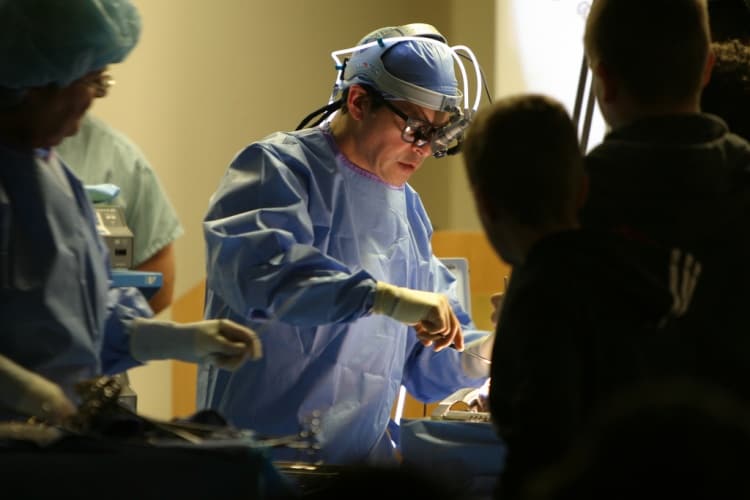Scientists at the University of Pennsylvania are developing hydrogels that can be injected into patients who have suffered heart attacks, preventing future heart damage.
After a heart attack, the walls of the organ thin out, the heart becomes larger, and scar tissue forms. These symptoms can lead to heart failure, but hydrogels can be used to shore up weakened areas and mitigate against further problems.

"Heart failure is a huge problem, and few therapies are available for these patients," said study lead Professor Jason A Burdick, from the university’s Department of Bioengineering.
The hydrogels are based on hyaluronic acid (HA), a type of sugar molecule that occurs naturally in the body. The researchers modified the HA molecules by attaching adamantane and cyclodextrin groups to allow the gels to flow through catheters, and they added thiol and methacrylate groups to enable post-injection cross-linking to stiffen the hydrogel. According to the researchers, the final product has a consistency similar to jelly.
Gels were originally used in animal trials as a conduit for delivering cells into the heart to help repair damage. However, scientists noted that some animals showed improvements in heart function even when injected with gels containing no cells.
As a result, several labs are now experimenting with the treatment, including with two materials that are currently in clinical trials. Neither of these are from Burdick’s lab, but the gel he and his team are developing has additional capabilities, forming extra crosslinks between the polymer chains after injection, making it stiffer and helping it last longer.
"It's important we all keep moving forward to figure out how this therapy could be used, because it's different than any current treatment," said Burdick.
Once the hydrogel formulation and delivery method has been finalised, the Penn University researchers hope to partner with a catheter firm to bring a product to market. Burdick's team are one of several groups also working on hydrogels that contain drugs or cells that can help repair heart tissue.




Nanogenerator consumes CO2 to generate electricity
Whoopee, they've solved how to keep a light on but not a lot else.